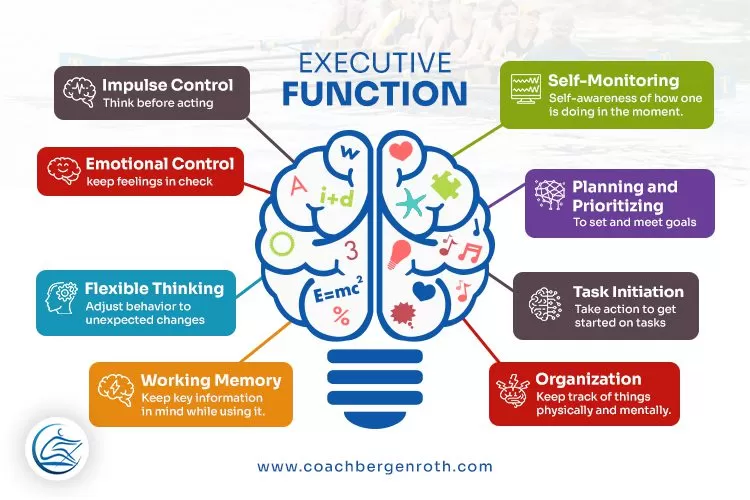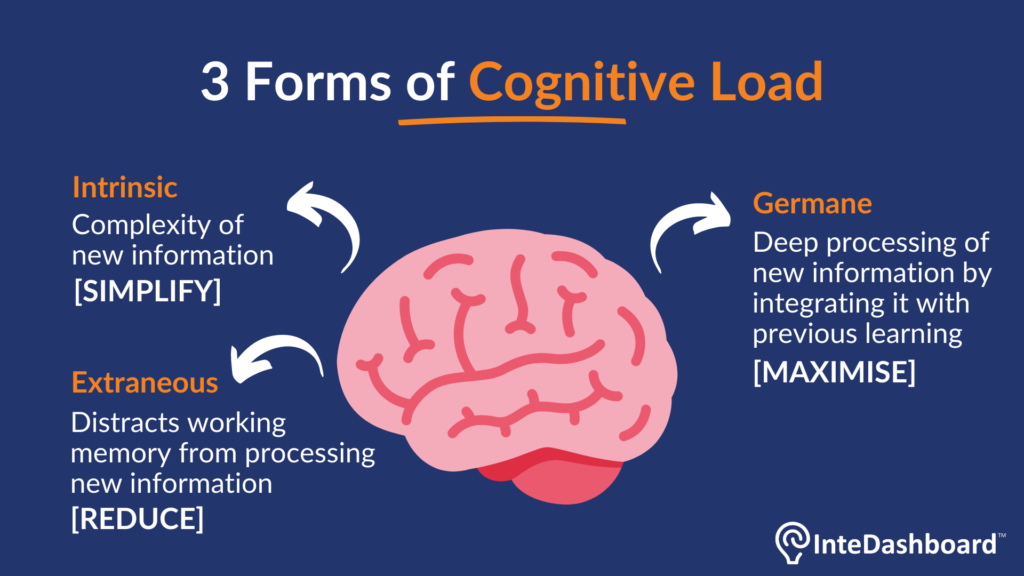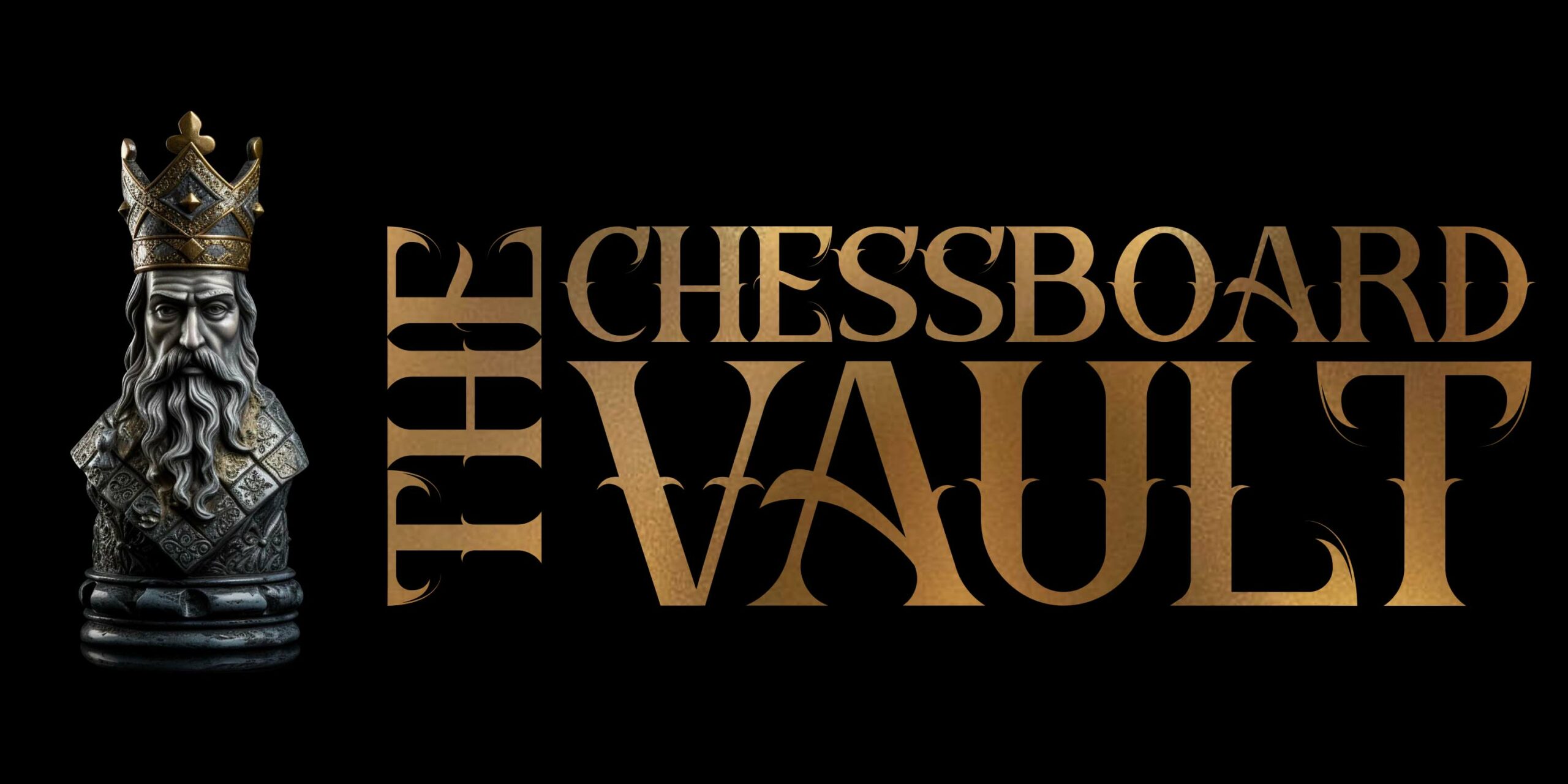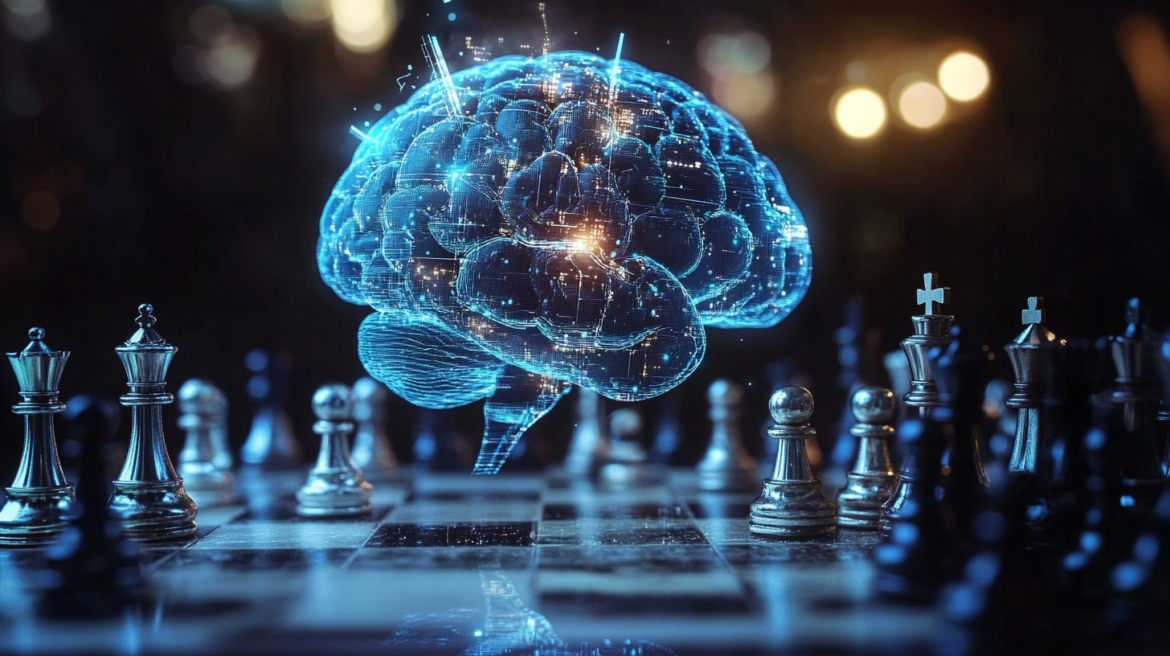Chess is more than just a board game—it’s a mental workout that sharpens the mind and hones critical cognitive skills. Whether you’re a casual player or a seasoned grandmaster, chess offers endless opportunities to develop abilities that extend far beyond the 64 squares. Each move you make, and every strategy you employ, is a reflection of complex mental processes working in harmony.
From enhancing problem-solving skills to boosting memory and concentration, the cognitive benefits of chess are both profound and far-reaching. The game requires intense focus, careful planning, and the ability to anticipate the opponent’s next moves, all of which contribute to improved decision-making in everyday life.
Chess also encourages adaptability and creative thinking, as players must constantly adjust their strategies in response to ever-changing board positions. This ability to think flexibly and critically is an invaluable asset not only in the game but also in personal and professional settings.
In this article, we’ll explore the top 10 cognitive skills that chess helps to develop, offering insights into how this timeless game can make you a sharper, more strategic thinker. Whether you’re looking to improve your mental agility or simply enjoy a challenging game, chess is a powerful tool for cognitive growth.
1. Executive Function
Executive function refers to the mental skills that help us manage tasks, regulate our behavior, and make decisions. Chess requires constant strategic planning, monitoring, and adaptation to an opponent’s moves. Each time a player assesses their position, anticipates future threats, or refines their strategy, they engage executive functions. This practice strengthens the brain’s ability to think critically and execute complex decisions with better self-control in daily life, from career choices to personal finance management.

2. Neuroplasticity
Neuroplasticity is the brain’s ability to reorganize itself by forming new neural connections, especially when learning new skills. Chess stimulates this process by engaging areas responsible for logic, pattern recognition, and problem-solving. As players repeatedly solve tactical challenges and create novel strategies, they enhance their brain’s capacity to learn and adapt. This results in sharper decision-making, as the brain becomes more flexible and better equipped to deal with complex and unfamiliar problems in other areas of life.
3. Cognitive Load Theory
Cognitive Load Theory explains how the brain processes and retains information under mental strain. Chess requires players to manage multiple variables—such as remembering previous moves, analyzing the current board, and predicting future scenarios. This juggling of information teaches players to optimize their cognitive resources, making them better at managing heavy workloads and multitasking in high-stakes decision-making environments, such as business or project management.

4. Metacognition
Metacognition involves being aware of and regulating one’s thought processes, allowing for better reflection and strategy. Chess demands that players constantly assess their thinking—whether deciding on a move or reevaluating their opponent’s strategy. This constant reflection strengthens metacognitive skills, enabling better judgment and decision-making. The ability to think about one’s thinking processes improves decision-making in areas such as leadership, where understanding different perspectives is key to making the best choices.
5. Frontal Lobe Activity
The frontal lobe is the part of the brain responsible for critical cognitive functions such as problem-solving, impulse control, and planning. Chess exercises this area through the continuous need for logical thinking and long-term planning. During a game, players suppress impulsive decisions and think ahead, which trains the frontal lobe. Over time, this translates into better self-regulation and the ability to approach real-life problems with a calm, logical mindset, leading to smarter decisions.
6. Pattern Recognition
Pattern recognition is a cognitive skill that helps in identifying trends or regularities, which is crucial in chess and decision-making alike. Experienced chess players recognize patterns in their opponents’ strategies and recurring board positions, which helps them anticipate future moves. This skill transfers to real life, where recognizing trends—whether in financial markets, social interactions, or competitive environments—allows individuals to make informed decisions that lead to better outcomes.
7. Risk-Reward Analysis
Risk-reward analysis is essential in both chess and decision-making. In chess, players must constantly evaluate the potential gains and losses of every move, balancing risk and reward to maximize their advantage. This process trains the brain to make calculated decisions, whether sacrificing a piece in the game or taking a measured risk in business or investments. By improving this analytical ability, chess players become better at assessing consequences and making more strategic decisions in various aspects of life.
8. Working Memory
Working memory is the cognitive ability to hold and manipulate information over short periods. In chess, players rely heavily on working memory to track the current state of the board, remember previous moves, and plan future strategies. Regular practice sharpens this skill, enabling quicker and more accurate decision-making. In real-world situations, an improved working memory can enhance performance in tasks that require juggling multiple pieces of information, such as project planning, negotiations, or academic work.
9. Cognitive Flexibility
Cognitive flexibility is the mental capacity to switch between thinking about different concepts or to consider multiple concepts simultaneously. Chess challenges players to adapt their strategies on the fly in response to their opponent’s unexpected moves. This trains the brain to be more flexible and creative in solving problems, a skill that is vital in fast-paced work environments or when navigating unexpected life changes. With improved cognitive flexibility, individuals are better equipped to make sound decisions, even when conditions change rapidly.
10. Self-Regulation and Impulse Control
Self-regulation refers to the ability to manage emotions and impulses in challenging situations. In chess, making impulsive moves can result in significant losses, which teaches players to develop patience and discipline. This enhanced self-regulation translates to everyday life, helping individuals manage stress, avoid rash decisions, and stay focused on long-term goals. Whether it’s managing work under pressure or making sound financial choices, the impulse control learned in chess can lead to more deliberate, well-thought-out decisions.

